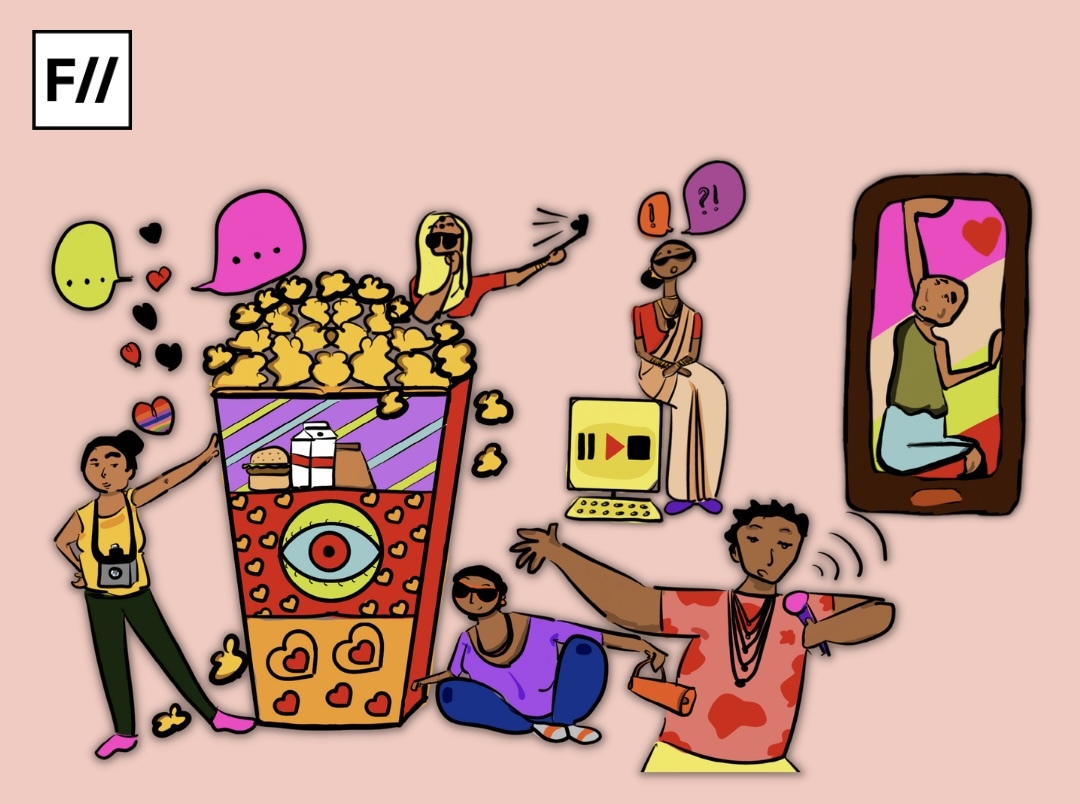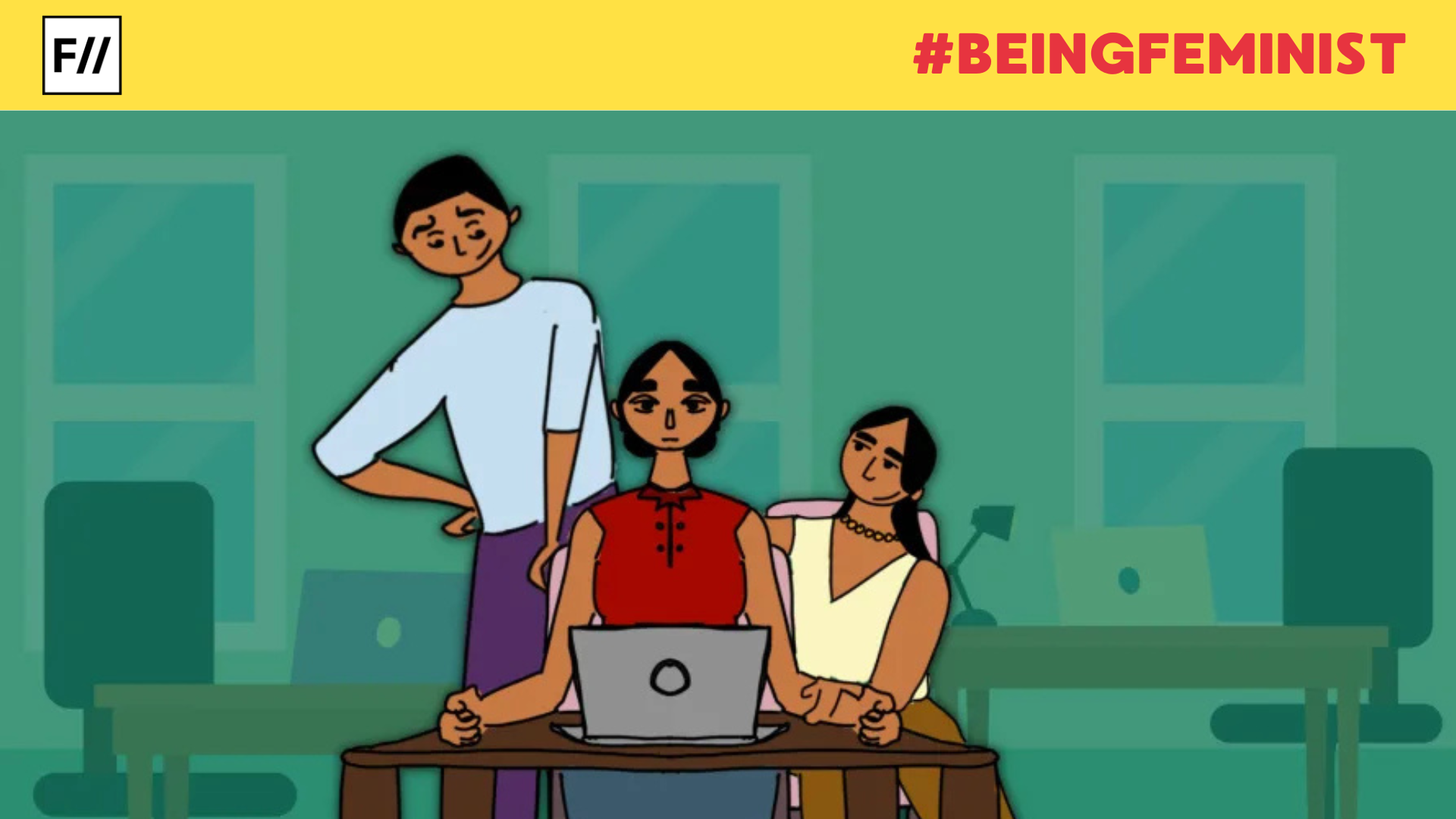Indian corporate sector prides itself on valuing efficiency, merit and talent. But recently, in an interview given to CNBC TV18, Infosys CEO Vishal Sikka invoked his Kshatriyahood to assert his fighting spirit. Sikka thinks his being a Khatri from Punjab somehow makes him a better leader. Though a stray remark, it punctures the supposed caste neutrality of Indian capitalism.
Capital accumulation has historically been a prerogative of the Savarnas. This reflects in the ownership of Indian businesses. In an article published in 2009, Aakar Patel gives a list.
ACC is run by a Brahmin (Sumit Banerjee), BHEL is run by a Brahmin (Ravi Kumar Krishna Swamy), Bharti Airtel is run by a Bania (Sunil Mittal), Grasim and Hindalco are run by a Bania (Kumar Mangalam Birla). HDFC is run by a Bania (Deepak Parekh), Hindustan Unilever is run by a Brahmin (Nitin Paranjpe), ICICI Bank is headed by a Brahmin (K.V. Kamath). Jaiprakash Associates is run by a Brahmin (Yogesh Gaur), Larsen & Toubro is run by a Brahmin (A. M. Naik), NTPC is run by a Brahmin (R. S. Sharma), ONGC is run by a Brahmin (also called R. S. Sharma). Reliance group firms are run by Banias (Mukesh and Anil Ambani), State Bank of India is run by a Brahmin (O. P. Bhatt), Sterlite Industries is run by a Bania (Anil Agarwal), Sun Pharma is run by a Bania (Dilip Shanghvi) and Tata Steel is run by a Brahmin (B. Muthuraman). Punjab National Bank is run by a Brahmin (K. C. Chakrabarty), Bank of Baroda is run by a Brahmin (M. D. Mallya) and Canara Bank is run by a Bania (A. C. Mahajan).
According to proponents of capitalism, private sector is above caste, class and gender.
Some of the heads of these companies may have changed now, but it would be a surprise if the new heads aren’t from the same caste groups. The Indian government has adopted an affirmative action policy in employment to public sector units. But there is no such policy for private sector. Bahujan activists have been demanding reservations in corporate sector for a few years now, but this demand has fallen on deaf ears. According to proponents of capitalism, the private sector is above caste, class and gender; what matters is your talent and competitive spirit. However, this claim falls flat if one delves deeper. In a study by Sukhdeo Thorat and Paul Attewell, published in Economic and Political Weekly in 2007, it was revealed that persons with upper caste sounding names have a higher chance of getting called for interviews than persons with Muslim and Dalit sounding names, even if there was no difference in their qualifications.
Glass Walls
The concept of glass ceiling is well elaborated in feminist and anti-race discourse. Glass ceiling is defined as an unacknowledged barrier to advancement in a profession, especially affecting women and members of minorities. But Maitreyi Bordia Das and Puja Vasudeva Dutta in a paper titled “Does Caste Matter for Wages in the Indian Labor Market?” propose another concept — glass walls.
“Lower castes are restricted to menial, low paying and often socially stigmatized occupations while upper caste groups are concentrated in preferred occupations. This horizontal segregation would result in workers from different social groups being streamed into different trades, occupations and jobs and socially constrained from moving out. Thus, we propose the notion of “glass walls”, where occupationally “bonded” castes face barriers to leaving their traditional occupations.”
Glass walls are the reason most sanitation workers employed by municipalities belong to scheduled castes, while at the other end of the spectrum, well-paid, white collar, professional jobs are cornered by Brahmins, Kshatriyas and Vaishyas (dvija castes).
Cultural Capital
The interview process marginalises non-upper caste individuals. A lot of HR professionals ask interviewees about their family background, to gauge if they come from a “good family” (read upper caste family). This puts Bahujan jobseekers on a defensive as they generally do not have a “glorious” family background to talk about. There is a lower chance of their parents being doctors, engineers, lawyers and accountants, and a greater chance of them being in manual labour industries.
Job-seekers from lower castes also face lot of hurdles and cross lot of obstacles on their way to a job, sometimes doing odd jobs to cover educational expenses during schooling years. This is in sharp contrast to upper caste students doing internships (using their social connections) in prestigious organisations to ramp up their CV. Upper caste students also participate in lot extracurricular activities, from college festivals to various competitions, which help them acquire soft skills required for professional jobs.
In professional jobs, employers do not just look for candidates with right qualifications but also those who “fit in”, have right kind of soft skills, can gel with the “workplace culture”. Since the workplaces are upper caste dominated, the criteria for fitting in are also imbued with upper caste values. The value of cultural capital, of understanding the social skills that need to be on display in an interview cannot be overstated. With so many applicants qualified on the grounds of skills and knowledge, Indian firms are looking for people who “fit” in.
Homosociality
The hiring process in private sector is opaque. Job openings are not advertised well or not advertised at all. Managers rely on referrals, asking their own employees to “ask around”. This results in employees being drawn from the same upper-caste social groups. Lot of businesses are owned by families, where caste affinities get reflected in the hiring.
Employers consciously and subconsciously choose candidates who dress, eat, talk like themselves. The class bias is more than apparent at the interview stage itself. At the time of the interview, candidates are supposed to dress up a certain way, wear certain kind of shoes, appear “formal” and be proficient in English. Many Bahujan students looking for a job for the first time do not have the money to buy “formal” clothes and shoes, or anybody in their family they can borrow from. They feel like an outsider at every step, or are made to feel so. It hampers their confidence and affects performance in the interview. It is the first time many of them are entering the shiny glass walls of corporate offices, which is an overwhelming experience for them.
Employers consciously and subconsciously choose candidates who dress, eat, talk like themselves.
The instances of discrimination in private sector are not rare. But overt discrimination is not the only way “dvija” castes maintain their hegemony in well-paying jobs. It starts with the differential schooling in rural and urban areas, municipality and convent schools in cities, continues with stigmatising of students who avail reservations in universities, and gets compounded by upper caste jobseekers using their social connections and cultural capital to secure lucrative jobs. As the jobs in public sector are shrinking, the need to thoroughly interrogate the private sector from a caste lens is more than ever.





This article, as it is made clear by itself do not give the current picture. It is one of the old and outdated particulars filled write-up Now, whether it is Tamil-Nadu or Maharashtra, most of the top posts in private institutions are occupied by Dalits and other backward people. I put this assertion more of a record than a complaint
vasan
Well written Tejas. Caste discrimination in private sectors is grown up such a way that they are not even able to recognise thier own employees.
Very good employees are taged as poor performers and game players are tagged as best employees.
Upper caste employees attitude towards lower caste employees is worst in many software firm. Yes I agree with your point, our software firms thinks lower caste people are fit for low profile job not for high profils. If you get into high profile job, if you are from lower caste, you have to face lot of wiered and unacceptable situations.
If you try to fight all these, they will tag you as culprit or thief. They thinks he is trying to act smart so n so. Soft firm HR depts are so worst, they act on behalf of hyped managers/employees. they will not listen any concerns of normal/average employees. If you complain on any of hyped manager/resource you are gone, you will not get promotion or hike etc., there is no other option you have to leave the company.
We cannot tag one perticual soft firm. The caste discrimination, gender bias and racism (surprisingly now days it is reverse, most of fair skin people are targeted by dark skin people), branchism( I mean to say engineering branches) etc.,
Thanks Tejas for sharing such a good article.
Britishers were controlling administrstion by a sinister game called “divide & rule” … later congress party contined it successfully.
This artical is doing harm to society instead ofany benefit.
Problems are many. Corruption, organised loot by certain people in power is Indias tragedy.